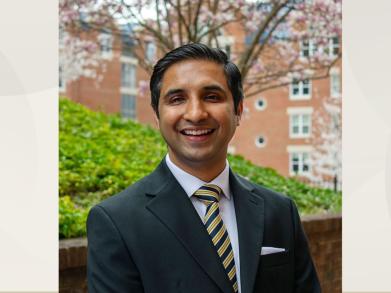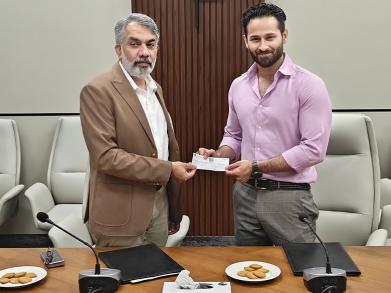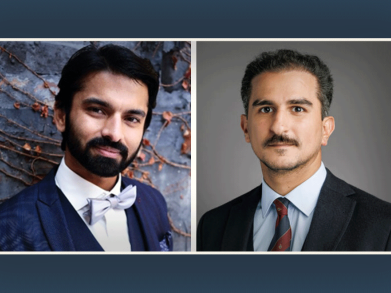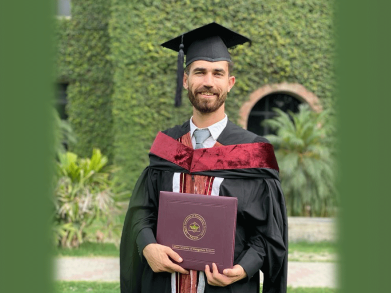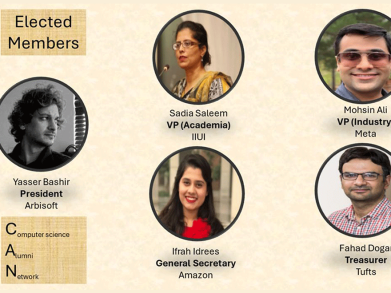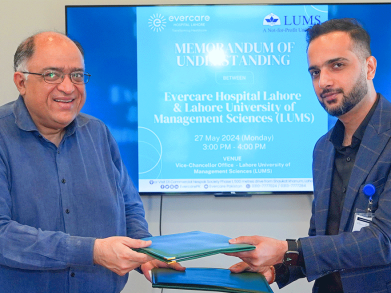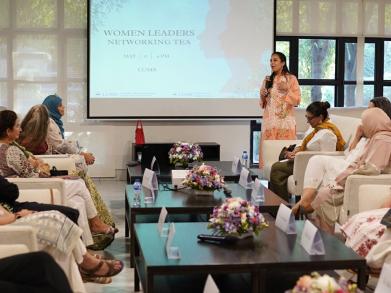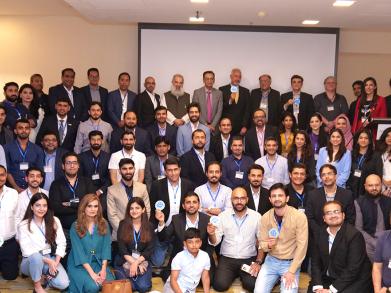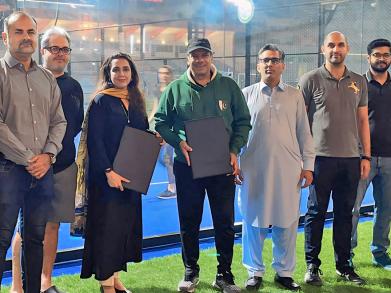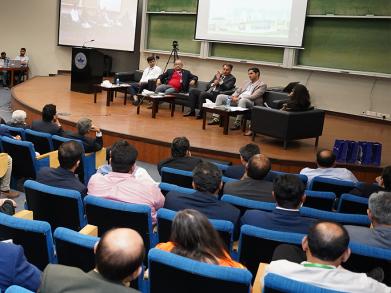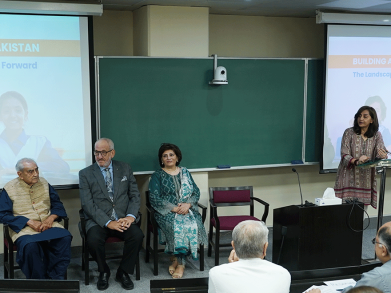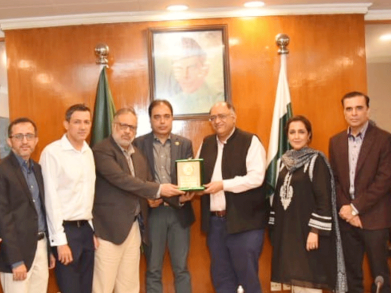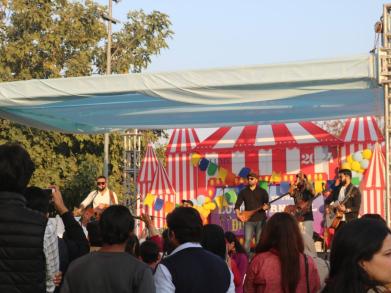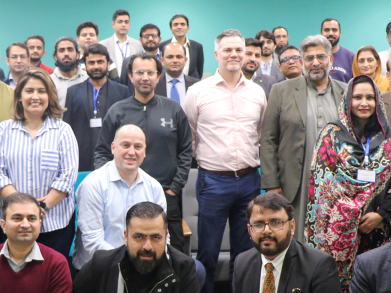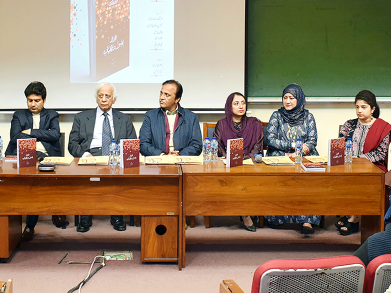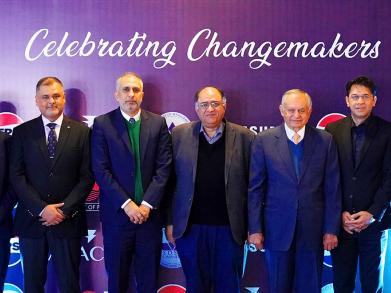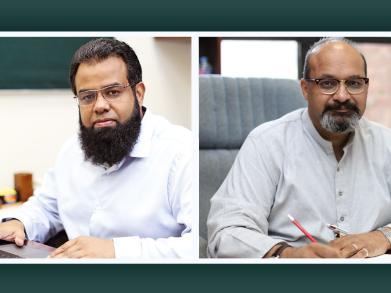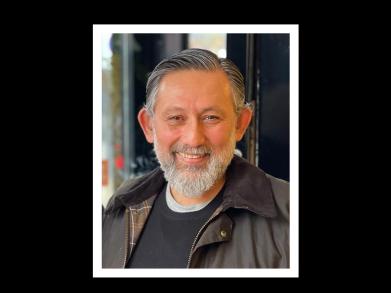LUMS Live Session 119: Teachers, Technology and Targeted/Guided Instruction: A Systems Approach to Combating Learning Losses
Despite rising school enrolment globally, a severe student-learning crisis plagues most low-income countries. In rural Pakistan, only 27% of Grade 3 children can read a sentence in a local language, and less than 22% can perform simple arithmetic operations (ASER, 2020). Low average learning and high learning inequality have a fortiori worsened with COVID-19-related school closures that have disrupted the education of 1.2 billion children globally (Azevedo, 2020; Kaffenberger, 2020). The variation in parental capability to facilitate learning from home potentially exacerbates ‘within the classroom’ learning inequality. Teachers will find it difficult to keep all the children in a post-COVID classroom to learn at the same pace, leading many to possibly fall permanently behind with long-term implications for their education and life outcomes (Andrabi et al., 2020).
To counter these losses, school systems are planning to implement remedial and accelerated programs to rebuild students’ foundational skills. CERP is implementing a large-scale experimental pilot of Targeted Instruction (TI) in 1200 KP public primary schools to test a) whether low-cost, simple technology can support teachers in implementing TI at reasonable scale and improving learning; b) the extent of variation across teachers in the costs and benefits of this technology and how that impacts take-up and learning outcomes; and c) how the perceptions of technology benefits change with experience.
The research-based intervention takes a systems view to focus on the teacher as an important actor in the child-learning ecosystem. It identifies frictions that teachers face in adoption of a new curriculum and pedagogy as well in the “take-up” of technology as an aid in this process. The large-scale pilot experiment alleviates some of these frictions and tracks the effect on classroom behavior as well as in student learning outcomes.
Hosted in collaboration with the Syed Ahsan Ali and Syed Maratib Ali School of Education (SOE), the session was moderated by Dr. Faisal Bari and Dr. Tayyaba Tamim.





